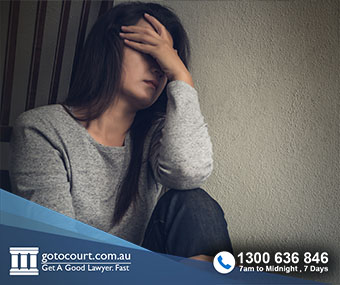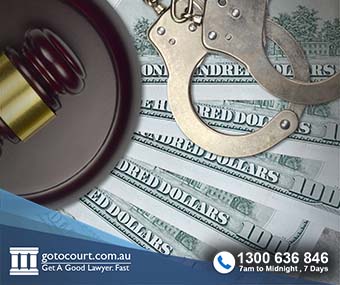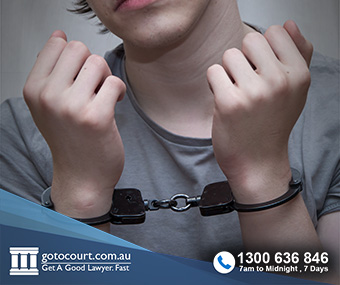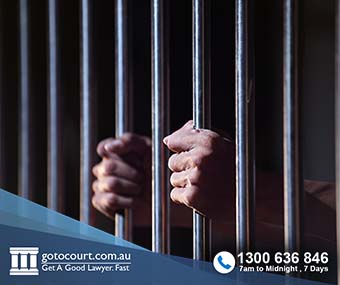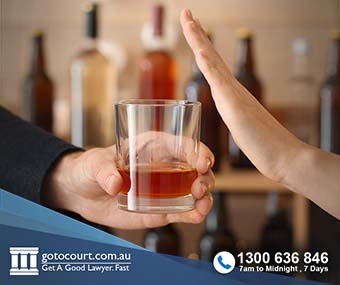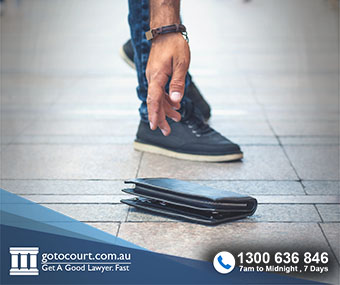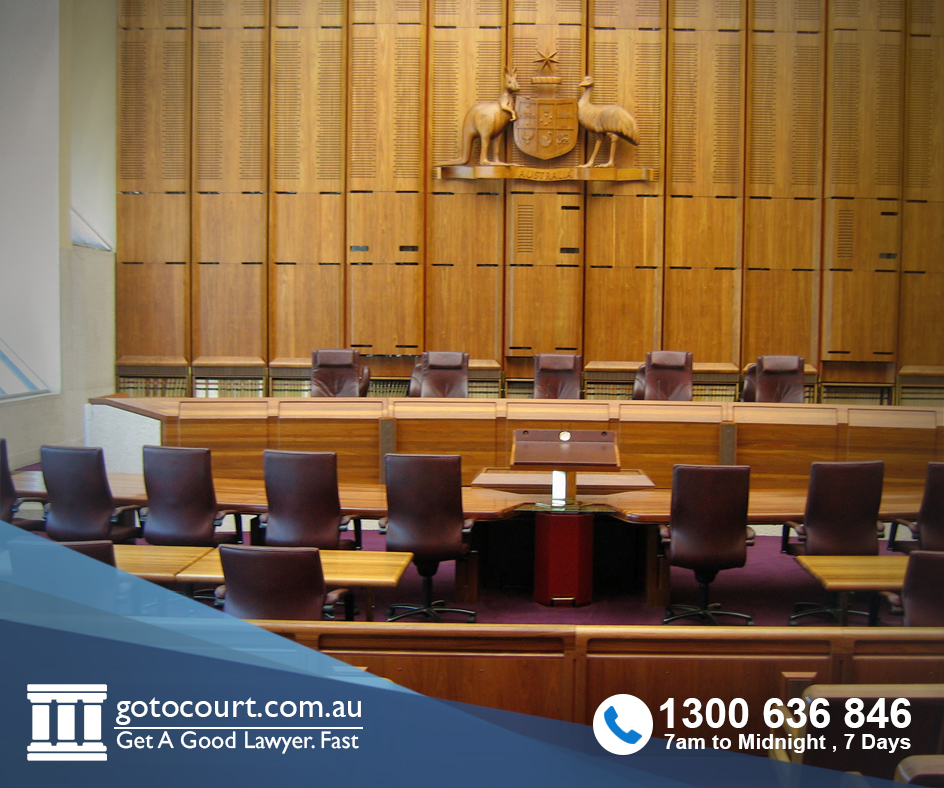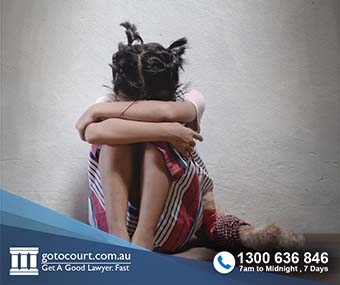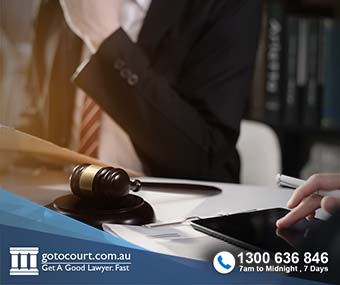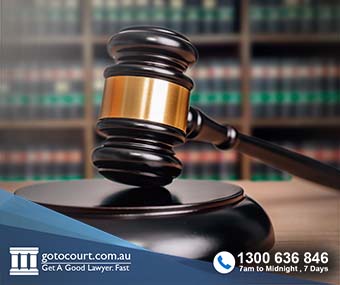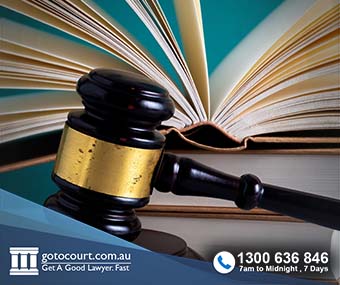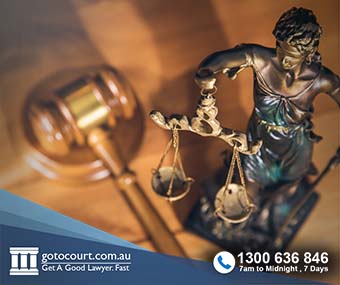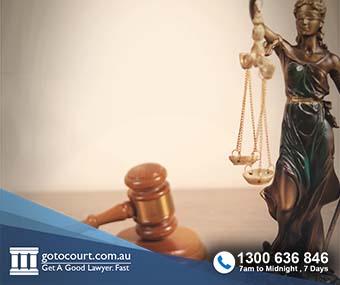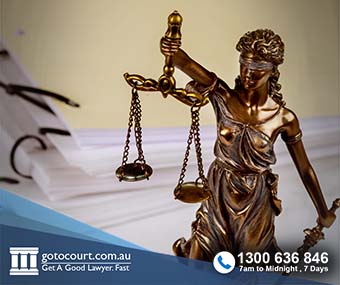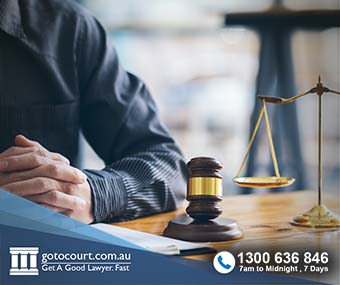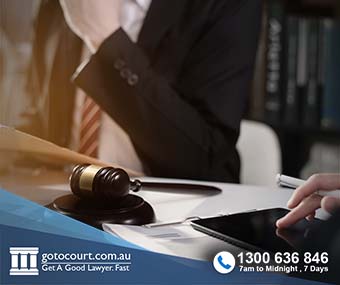Call our lawyers
now
or,
have our lawyers
call you
Parole in New South Wales
Updated on Jan 12, 2023 • 5 min read • 650 views • Copy Link
Parole in New South Wales
Parole is the release of a person from prison to serve the remainder of their sentence in the community, under supervision. Parole is widely considered to be a more effective way of protecting the community than simply releasing an offender at the end of their sentence without assistance and supervision. If a person does not follow the conditions of their parole, then their parole may be revoked and the offender returned to custody to complete their sentence in prison. The decision to release an offender on parole involves a thorough review of all of the information available and the assessment of any risk. The law governing parole is contained in the Crimes (Administration of Sentences) Act 1999.
NSW State Parole Authority
The New South Wales State Parole Authority is an independent statutory authority governed primarily by the Crimes (Administration of Sentences) Act 1999 and the Crimes (Administration of Sentences) Regulation 2014.
It makes decisions regarding:
- Whether an offender is released on parole (if their sentence includes a non-parole period);
- The conditions of an offenders release on parole;
- Whether and how a parole order should be revoked after a breach;
- Whether and how an Intensive Correction Order, Periodic Detention Order or Home Detention Order is revoked, substituted or reinstated.
Who may be released on parole?
In New South Wales, if a person is sentenced to a prison term of six months or less, then all of that sentence must be served in custody without parole. If a person is sentenced to a prison term that is greater than six months but less than three years then the court must set a non-parole period. The non-parole period is the time during which the offender cannot be released from prison on parole.
For sentences of imprisonment of three years or less, where a non-parole period has been set, the law requires the offender be released on parole, as of right, at the expiration of the non-parole period, under section 158(1) Crimes (Administration Sentences) Act 1999. At that time, the offender is automatically released on parole under the conditions that were set by the court.
If the court imposes a prison sentence of three years or more it may also specify a non-parole period. However, in these cases, it is the responsibility of the New South Wales State Parole Authority (SPA) to decide whether or not the offender will be released at the end of the non-parole period and if so, under what conditions they will be released.
How are parole applications decided?
The SPA is not to release an offender unless it is satisfied on the balance of probabilities that their release is in the public interest. In deciding this it can consider a number of factors including the past behaviour of the offender, the threat (if any) that they pose to the community, and any reports and assessments provided by the probation and parole service.
The offender must show the Authority that they are rehabilitated. To do this they must not have committed any criminal offences or any prison discipline offences while in custody. They may also have to progress through the prison classification system and obtain minimum security classification with weekend leave. This is subject to good behaviour and, depending on the type of offence, the completion of rehabilitation programs.
Living in the community on parole
While on parole, an offender will be subject to regular visits and checks. They will also be expected not to commit further offences. The SPA will also require the offender to address their offending behaviour by completing courses it considers necessary to help prevent re-offending – such as drug and alcohol rehabilitation, anger management and/or violence prevention programs and sex offender programs.
The SPA can revoke a person’s parole at any time without any notice necessarily being given to the offender. A warrant is issued and when the offender is arrested the revocation will be listed for hearing about four to six weeks later. The offender will appear at the hearing and can be legally represented. A court cannot grant bail in the meantime.
If a person is charged with further offences while on parole, the Authority can revoke their parole without waiting to see if they are found guilty. The SPA will consider the police brief of evidence when making this decision. If the person is later found not guilty, the Authority may rescind the revocation but will not always do so. If there are some mitigating or compassionate circumstances surrounding the breach, the Authority may rescind it.
If a revocation is due to fresh charges, the Authority will not reconsider the revocation until the fresh charges have been finalised. If a revocation of parole is not rescinded, the offender will have to serve the balance of the sentence in custody. If the balance of the sentence is more than 12 months, the offender will be eligible for parole again after they have served 12 months.
If you require legal advice or representation in any legal matter, please contact Go To Court Lawyers.


Affordable Lawyers
Our Go To Court Lawyers will assist you in all areas of law. We specialise in providing legal advice urgently – at the time when you need it most. If you need a lawyer right now, today, we can help you – no matter where you are in Australia.How It Works








1. You speak directly to a lawyer
When you call the Go To Court Legal Hotline, you will be connected directly to a lawyer, every time.


2. Get your legal situation assessed
We determine the best way forward in your legal matter, free of charge. If you want to go ahead and book a face-to-face appointment, we will connect you with a specialist in your local area.


3. We arrange everything as needed
If you want to go ahead and book a fact-to-face appointment, we will connect you with a specialist in your local area no matter where you are and even at very short notice.


